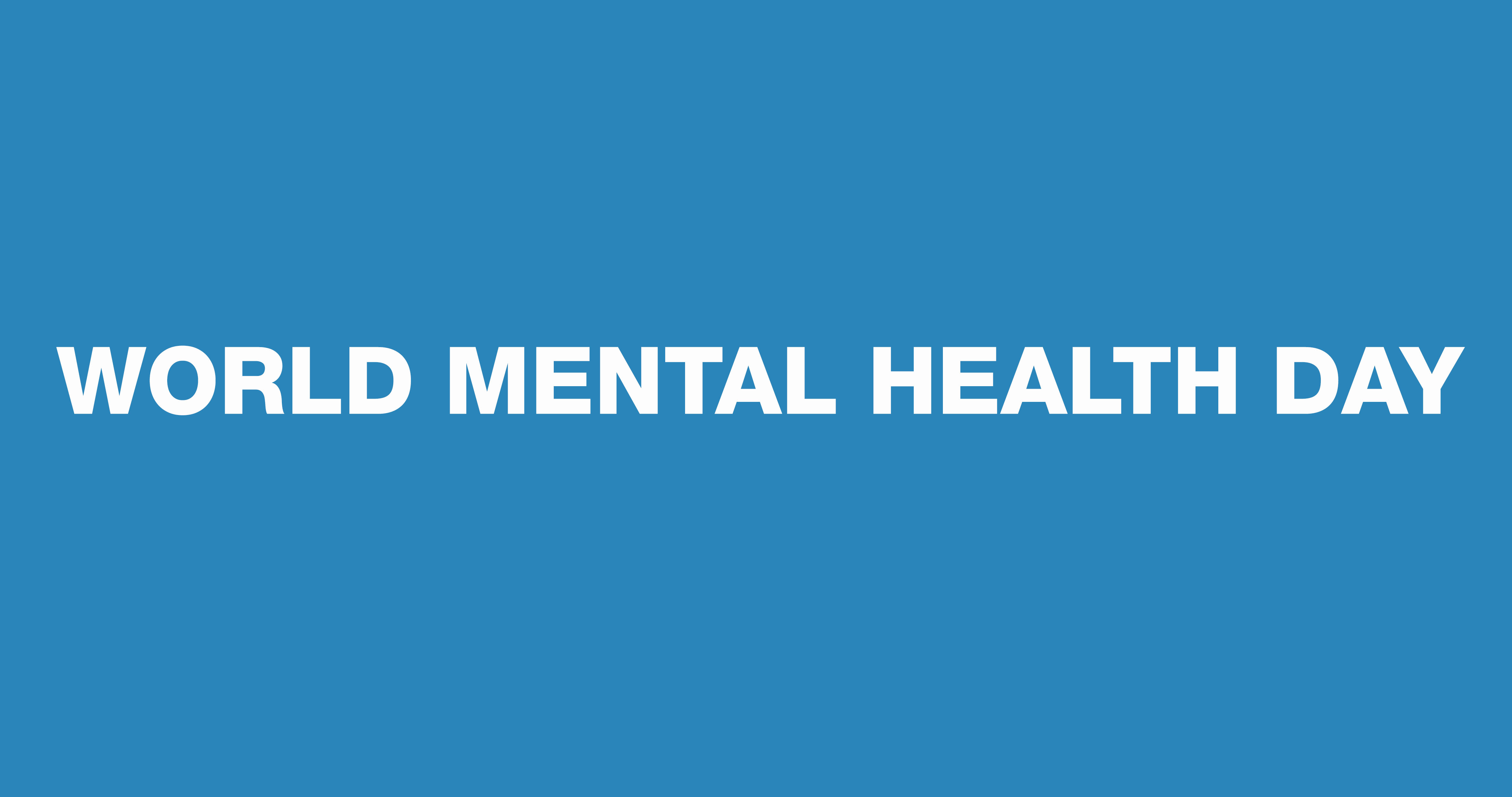World Mental Health day: Mental health must be a priority in the context of the Syrian Crisis.

On the occasion of World Mental Health Day, Médecins du Monde (MdM) emphasizes that mental healthcare must be a priority in crisis settings as we can experience in the context of the Syrian crisis. The ongoing Syrian conflict is resulting in enormous psychosocial consequences on millions of civilians, and moreover, is likely to spread over generations. Needs are huge, and facilities and human resources scarce. As such, Médecins du Monde not only provides direct mental health and psychosocial support services within Syria and neighboring countries, but also, calls for the necessary investment in the development of comprehensive mental health national systems that are capable of providing effective, accessible, and affordable services.
After six years of war and constant exposure to trauma, Syria is experiencing a mental health crisis that cannot be neglected. The ongoing conflict has resulted in massive population displacement and growing humanitarian needs inside Syria and in surrounding countries. The United Nations estimates that 6.3 million people are displaced inside the country, and that a total of 13.6 million are in need of humanitarian assistance inside Syria. The experience of ongoing ground battles, continuous air assaults and shelling is undoubtedly triggering high levels of psychological distress amongst the Syrian population, that if gone unnoticed and untreated, may unfortunately give way to higher levels of mental health concern within the community.
Though mental health and psychosocial needs are significant, national capacities within Syria and neighboring countries are strongly limited, and cannot absorb all the needs and gaps; thus, rendering them heavily reliant on international agencies and NGOs for the provision of MHPSS services.
As articulated by MdM’s President Francoise Sivignon: ‘The Syrian crisis affects millions of people inside and outside the country. Therefore, we believe that quality mental health and psychosocial support must be easily accessible and affordable for those in need of such services. This is the reason why we are present in the region and our activities focus on strengthening the integration of MPHSS services within the primary health care level’. She also added: ‘Mental health cannot be an option in such a protracted conflict. It must be a sustainable priority from now and for the years ahead’.
As a health actor responding to the Syrian crisis, directly and supporting local partners, Médecins du Monde recognizes the necessity of integrating MHPSS as a vital component within its health delivery services. For the first six months in 2017, MdM has successfully provided 13,481 MHPSS consultations for beneficiaries in need of MHPSS support and/or treatment, inside Syria and in neighboring countries hosting Syrian refugees. Moreover, in considering the current and future needs of the said populations, MdM takes an active role in supporting the will of national governments to develop and/or restructure their overall mental health infrastructures. In doing so, MdM recommends that necessary political priority and investment are to be given to the following MHPSS domains:
- Proper integration of MHPSS services at the primary care level, in Syria and in the neighboring countries
- Encourage and support the development and implementation of national mental health strategies, policies, and legislation.
- Support the development, training, and capacity building of needed MHPSS human resources.
- Encourage, collaborate, and invest in MHPSS field research
- Increase funding to ensure proper MPHSS services are appropriately responding to the existent needs.